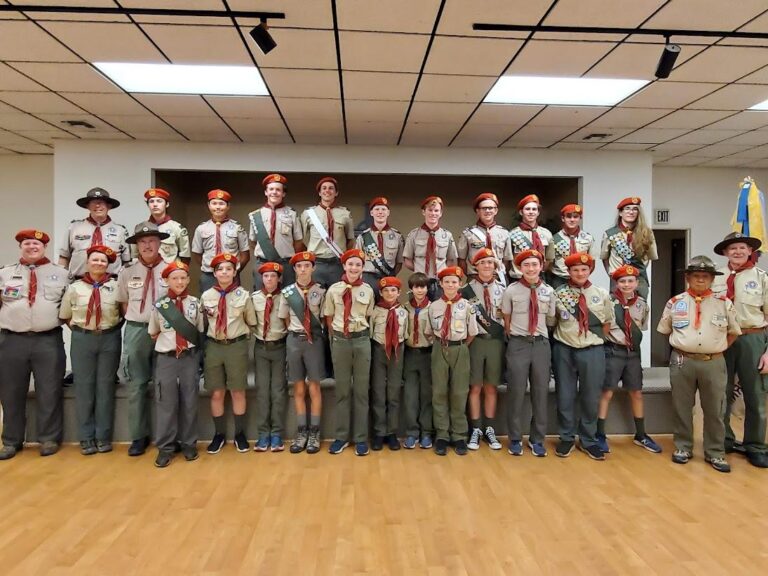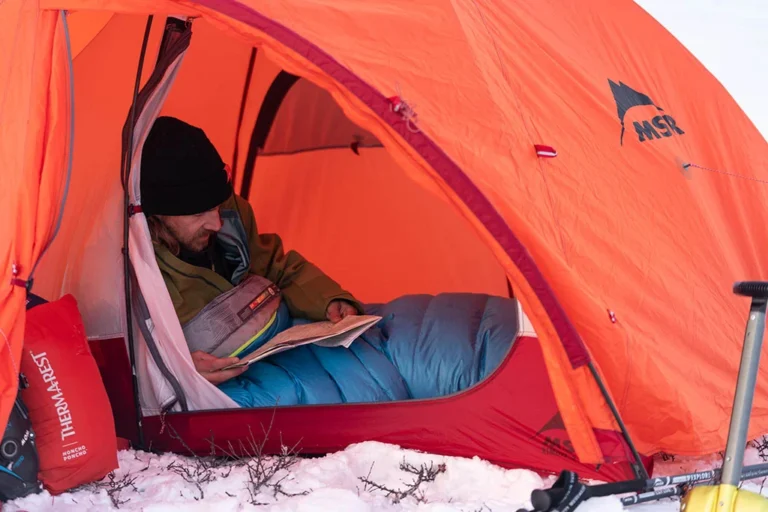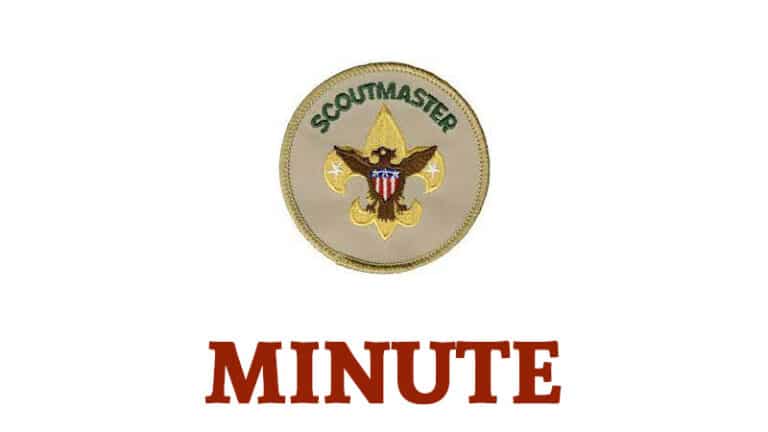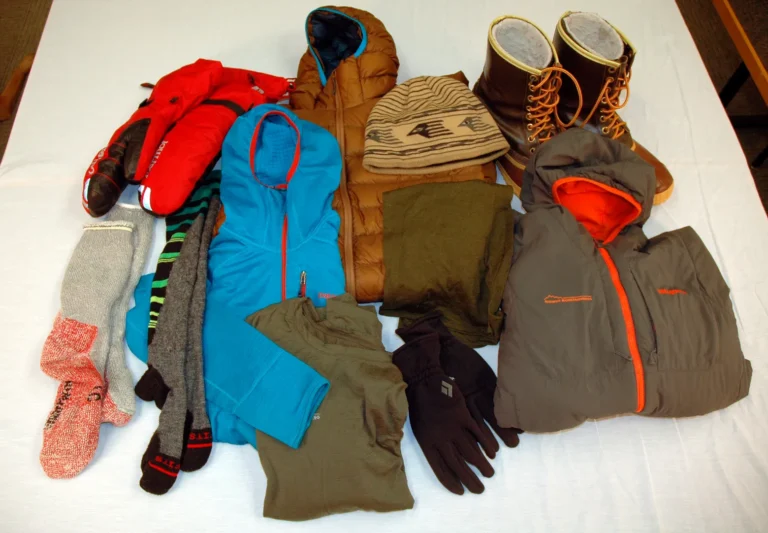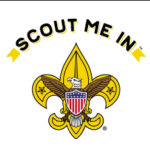Staying on Course
Most beginning backpacking trips take place on well-marked, well maintained trails. Not surprisingly, few beginning backpackers give much thought to getting lost. Unfortunately, backpackers (of all abilities) get lost all the time. To stay safe, you need to learn how to (1) stay on track and (2) find the trail again if you ever wander from it.
• Pay attention: The best way to stay on course in the wilderness is to stay alert. Backpackers typically get lost because they get distracted and stop watching where they’re going.
• Stick to the trail: The easiest way to avoid getting lost is to stick to the trail at all times. Even if you lose track of your exact location, the trail you’re on will eventually lead you to civilization or other travelers who can help.
• Stay together: There’s safety in numbers. People get lost less often when they stick with their hiking groups. Group members can also share information and work together to find the trail again.
• Know your route: The chances of someone getting lost are far lower if everyone in your group is familiar with the specifics of the day’s route before they leave camp.
• Carry a map and compass: After common sense, the best defense against getting lost is skill with a map and compass. Carry these important navigation items with you at all times and know how to use them correctly.
What to do if you get lost
Knowing how to act after getting lost is just as important as knowing how to avoid problems in the first place.
• Stay calm: If you get lost, remain calm. Panic can lead to mistakes that make a manageable situation far worse.
• Stop and evaluate the situation: Once you realize you’re lost, stop moving, sit down and think for a few minutes. A little calm reflection is often enough to solve the problem.
• Don’t split up: If you get lost with one or more companions, don’t split up. You’ll be safer together, and easier to find.
• Check your map and compass: Make sure you know how to use your map and compass correctly before you leave home. With a few basic navigation skills, you’ll be able to find yourself on your map and figure out which direction to head.
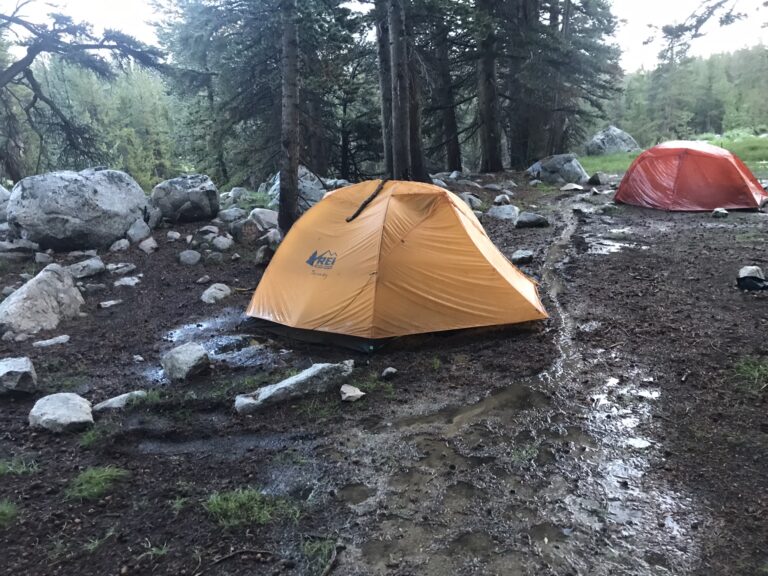
The Voice of Experience (Febuary)
Cold Weather Camping Three Ways to Lose Body Heat 1. Radiation: The emission of body heat, especially from skin areas exposed to the elements. 2. Conduction: The absorption of cold
